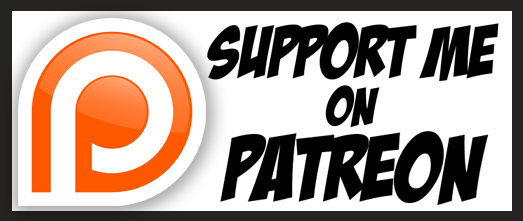
Habari Gani ya’ll!! The principle of the day is Nia, or Purpose. As I wrote on the original Nia post, “Nia is not just another principle about being uplifting and working together. But, it’s a principle focused on rehabilitating our community.”
The principle focuses on restoring the community to its traditional greatness. I pains me to say that the disabled community hasn’t had a history of “greatness” as we know it. That is not to say we don’t have great leaders and community members. All I am saying is that when you look through disabled history, you will see it through an Abled lens. Court cases, media, medicine, education, etc. have all been built or written in such a way that disabled people weren’t given space to be great.
Well, every generation there is that one person…the model disabled person, the token, the “inspiration”. And guess what, we’ve been working to change that. So here, instead of restoring our disabled community to its traditional greatness, we are building our own narratives, writing our own stories and letting people know how great we have always been.
Then, a few generations from now, WE will be the example of traditional disabled greatness. We move with purpose.
Visit “Nia means Purpose” for some activities for the day and, see how you can make it work, disabled-ly.

